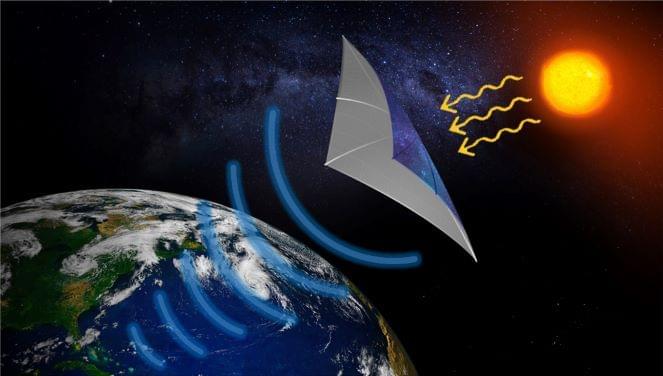Recycling energy-transition metals from battery, electric vehicles and renewable energy products offers abundant growth potential.




Now that we can generate clean, renewable energy from the wind and sun, one of the most pressing questions facing the clean energy transition is how to effectively store that energy for future use. For one city in Finland, the answer is a giant underground cavern.
Vantaan Energia has announced that it will construct a massive underground seasonal thermal energy storage facility for the city of Vantaa, the country’s fourth-most-populous municipality. The facility will be twice the size of Madison Square Garden, New Atlas reported.
“The world is undergoing a huge energy transition,” Vantaan Energia CEO Jukka Toivonen said. “Wind and solar power have become vital technologies in the transition from fossil fuels to clean energy. The biggest challenge of the energy transition so far has been the inability to store these intermittent forms of energy for later use. Unfortunately, small-scale storage solutions, such as batteries or accumulators, are not sufficient; large, industrial-scale storage solutions are needed.”

Tesla has leaked some details about its elusive new Model 3 Performance ‘Ludicrous’, which is expected to launch any day.
The new Model 3 Performance, which could be named ‘Ludicrous’ based on the badges seen on some prototypes, has been expected to launch any day for over a month.
It was confirmed that the automaker was planning a new performance version of the Model 3 Highland with new badges showing up in the updated Tesla parts catalog.
A couple of solar-sector manufacturers have a powerhouse agreement that reaches a unique benchmark. Thanks to a $400 million, three-year deal between Heliene and Suniva, solar panels and cells will be entirely made in the U.S., a unique combination until now.
Electrek reports that to this point, solar cells — the contraption that turns sunlight into electricity — were imported.
“Heliene is proud to embark on this historic partnership with Suniva at a time when the U.S. is poised to capture a greater share of the global solar market by bolstering domestic manufacturing and onshoring of supply,” Heliene CEO Martin Pochtaruk said in a press release.
Scientists developed a device that combines wind and solar to harvest clean energy more efficiently and create a self-cleaning solar panel.
Atmospheric water generators can save millions of lives due to new drought conditions even bringing water from air in the desert climates.
The statistics underpinning water scarcity are dire and noteworthy – approximately 770 million people lack access to clean water. That is one in ten people on the planet. The average woman in rural Africa walks 6 kilometres (about 3.7 miles) daily to haul 40 pounds of water.
The pervasive nature of the global water crisis, however, is such that it isn’t contained to developing parts of the world. In California, for example, over 2 million people use private wells that access groundwater. However, due to drought conditions, excessive industrial pumping of aquifers and, more recently, deeper drilling of industrial wells, local communities are having an increasingly hard time accessing adequate water. The state’s farms and cities rely on underground aquifers for nearly 40% of their water and this rises in dry years. Nearly 90% of Californians draw on groundwater for part of their water supply.
From house plants and gardens to fields and forests, green is the color we most associate with surface life on Earth, where conditions favored the evolution of organisms that perform oxygen-producing photosynthesis using the green pigment chlorophyll a.

Land subsidence is overlooked as a hazard in cities, according to scientists from the University of East Anglia (UEA) and Virginia Tech. Writing in the journal Science, Prof Robert Nicholls of the Tyndall Center for Climate Change Research at UEA and Prof Manoochehr Shirzaei of Virginia Tech and United Nations University for Water, Environment and Health, Ontario, highlight the importance of a new research paper analyzing satellite data that accurately and consistently maps land movement across China.